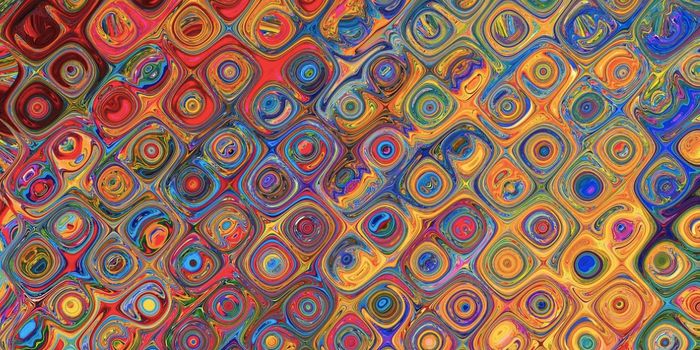Removing a Pro-Inflammatory Gene Dramatically Improved Health & Lifespan in Mice
Researchers have long sought to understand the biological processes of aging, and how to maintain good health as we get older. This effort has gained even more attention as more human populations around the world age, and are impacted by age-related diseases. We know that healthier diets and habits can help prevent disease and extend lifespan, but scientists have now found a molecular mechanism that prevents aging and promotes good health in a mouse model. The findings have been reported in Nature.
In this study, researchers showed that when the expression of a protein called interleukin 11 (IL-11) was halted in mice, the health of the animals was improved by about 25 percent and lifespan was extended around 20 percent. When older mice were given an antibody treatment that stopped the effect of IL-11 in circulation, the lifespan of male mice was extended about 22 percent while female mouse lifespan was extended by around 25 percent. These older, treated mice lived an average of 155 weeks, while untreated mice lived an average of 120 weeks.
The treated animals suffered fewer cancer deaths, and reductions in chronic inflammation, fibrosis, and metabolic dysfunction compared to untreated mice. In addition, there were few side effects that were seen in the treated animals.
"These findings are very exciting. The treated mice had fewer cancers, and were free from the usual signs of aging and frailty, but we also saw reduced muscle wasting and improvement in muscle strength. In other words, the old mice receiving anti-IL11 were healthier," said co-corresponding study author Professor Stuart Cook of Imperial College London, among other appointments.
There have been serious side effects or other problems with life-extending treatments, noted Cook, "however, this does not appear to be the case for IL-11."
Unfortunately, this work was performed in mice and will still need to be confirmed in humans. There are some existing anti-IL-11 treatments designed for people, but they are in clinical trials for other conditions right now. The results of those studies may pave the way for applying those drugs as anti-aging treatments.
Work by this group has shown that IL-11 promotes fibrosis and is a pro-inflammatory protein, contrary to previous assumptions.
It's been thought that IL-11 is mostly redundant in humans, and is a biological holdover from the ancient past. But about the age of 55, the molecule becomes more active in people. Studies have shown that this promotes health problems like chronic inflammation, metabolic disorders, organ fibrosis, muscle wasting (sarcopenia), and frailty. Many of these conditions often arise people age.
In mice, IL-11 activity triggers several of these conditions, and function across the entire body is impaired. While more work will be needed, this research may help scientists find solutions for the complex problems of aging.
Sources: UK Research and Innovation, Nature









